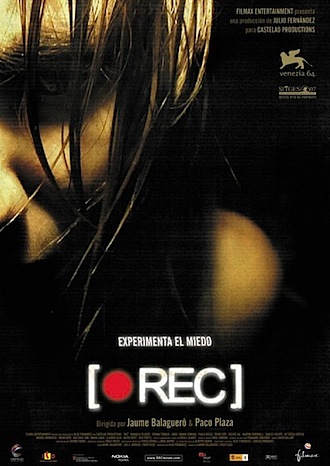Of Tone Magazine's 50 "must own" blu-rays 13 are not actually available in New Zealand legally, or won't play on NZ purchased players due to region coding. Which is a…
Read More

It's babies everywhere in the cinemas at the moment. Last week I reviewed the Tina Fey comedy Baby Mama about a middle-aged woman desperate for a child and this week…
Read More
